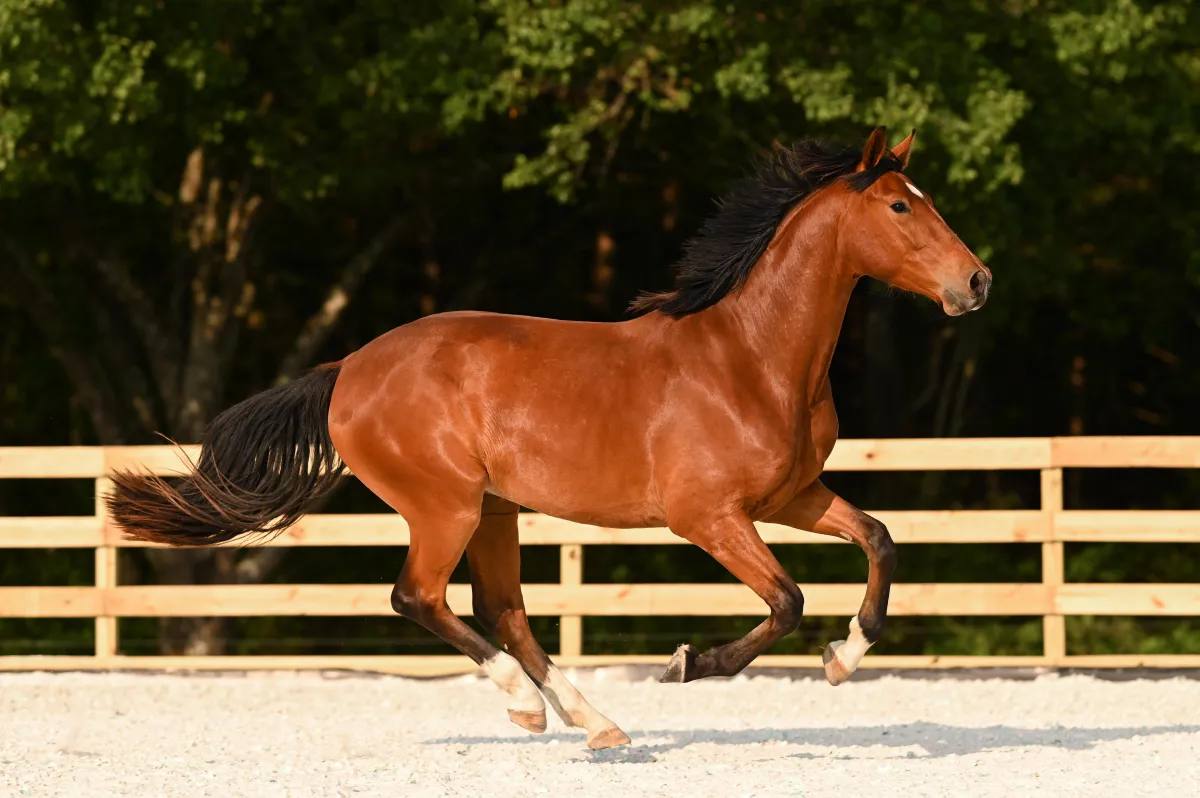Bent River Equestrian's Blog
Writing to improve our riding and training.

Primacy and Recency in Riding
"What we learn first we remember best!" - Beth Baumert, How Two Minds Meet
The Effect/Bias of Primacy and Recency in Riding and Training
When I first began working with a Dressage trainer, I thought I had enough riding knowledge, ability, and skill where it should be pretty easy to pick up. I already knew how to ride walk-trot-canter in a full seat, what else is there be to learn? To further stroke my ego, there were no jump heights to fear or other riders to dodge or compare myself to in the arena, how hard could Dressage be?
Seven years later, I still feel myself making some of the same mistakes I made at the start, but with a better understanding of how to fix them. Because Dressage was not my first discipline, it has taken an extra amount of effort to learn and continue to ride it correctly, in part I now know due to the effects of Primacy and Recency.
What are these effects?
The effect or bias of primacy is that what you learn first is very strongly ingrained in your mind. Additionally, what you learn most recently is also at the top of your mind.
This effect has been proven by asking people to memorize lists, the first half is what is most easy for people to remember, as well as the last few items, the most recent are usually at the top of their minds. The toughest part to remember is that which immediately comes after halfway, so the 3rd of the 4th section of any list. Don't believe me? Use a written list for your next grocery trip and see what items you have trouble recalling.
Not only are these effects relevant with rote memorization, but with all learning. “What we learn first, we remember best!” - Beth Baumert, How Two Minds Meet. (Book linked above)
We see this with both horses and humans.
In my own riding, Dressage trainers have to remind me to stop scanning the horizon to make a turn. When I was first learning to put my horse on the bit, I liked to look down and watch the neck. Some trainers scolded me for that as a young rider, but in a recent lesson I was told to look down to help keep the horse's shoulders aligned through the turn. Now I know I need to keep my head up and let my eyes only peek down to check in on the shape of my horses’ neck and shoulders, but keep my head up to support my posture. There are days when I still try to keep my eyes up to develop feel, but when a respected and successful trainer tells you it's okay to peek down, you develop the skill of peeking! Or redevelop it, if you once used it to find your diagonals/leads but were forced to unlearn it.
With horses, most trainers tell you when your horse is anticipating a movement to go back to basics. Before your horse learned the changes, he learned to change the bend of his body, so going back to something easy and well ingrained in his mind and body (what he learned first) should help him relax for the changes. For other horses, simple changes off the seat and counter-canter (things he learned pretty recently) may help mitigate his anticipation. Either one of these movements leverage the effect of primacy and recency to keep your horse connected and attentive enough to wait for the changes again.
Where do you see the effects of primacy and recency in your own learning and training? Comment to let me know your thoughts!